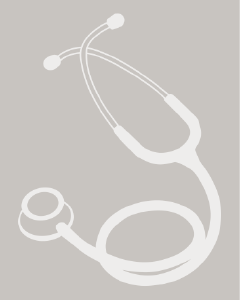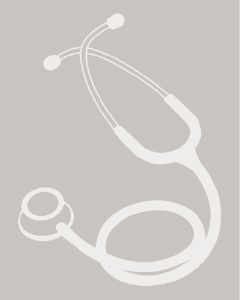Infectious Diseases
Ask for a Referral
You’ll need a referral from your primary care provider to see an infectious disease provider at NKCH.
From flu to COVID-19, infectious diseases affect a lot of people each year. But with infectious disease specialists nearby at North Kansas City Hospital (NKCH), know that you’re supported — no matter the illness. Our team has resources that help diagnose, treat and even prevent the most common and rare infectious diseases.
What is an Infectious Disease?
An infectious disease is an illness that happens when you’re exposed to a microorganism or toxin, such as bacteria, viruses, fungi or parasites. Infectious diseases can spread as germs transfer from person to person — through touch, food and drink sharing, coughs and sneezes, or sexual contact. Insect and animal bites also cause infectious disease.
Infectious Disease Specialists
At NKCH, you have access to infectious disease doctors. They specialize in diagnosing, treating and preventing the spread of bacterial and viral diseases. Our infectious disease specialists team up with pathologists and medical lab professionals. Together, we create the most effective treatment plans for you.
Infectious Diseases We Treat
Receive treatment for a range of infectious diseases, such as:
- COVID-19 (Coronavirus, or SARS-CoV-2)
- Food-borne illnesses
- Hepatitis
- Herpes
- HIV/AIDS
- Infections spread between people and animals (zoonotic diseases)
- Influenza (flu)
- Meningitis
- Mumps
- MRSA
- Pneumonia
- Tuberculosis (TB)
Our Infectious Disease Services
Get the support you need for preventing and treating infectious diseases. Treatments and services from our infectious disease specialists may include:
- Antibiotics for bacterial illnesses
- Antiviral drugs for viral infections
- Antifungal or antiparasitic medication to treat fungi and parasites
- Dressing changes for wounds
- Education, especially for those who take part in high-risk activities
- PreP (pre-exposure prophylaxis) for HIV prevention
- Vaccines (immunizations), including for foreign travel
Infectious Disease Prevention
Infectious diseases can be scary, but you can help when it comes to prevention. There are several ways to reduce your risk of catching or spreading infectious disease:
- Don’t share personal items, such as your toothbrush or drinking glass with others.
- Follow food safety guidelines when making food.
- Get recommended vaccinations, including those needed for international travel.
- Practice safe sex.
- Stay home when you’re sick.
- Wash your hands often with warm water and soap or use alcohol-based hand sanitizers.
If you or a loved one think you have an infectious disease, contact your provider right away.
Hand Hygiene
One of the best ways to prevent the spread of infectious disease is good hand hygiene. Watch the handwashing video to learn how to effectively wash and dry your hands and when to use hand sanitizer.



